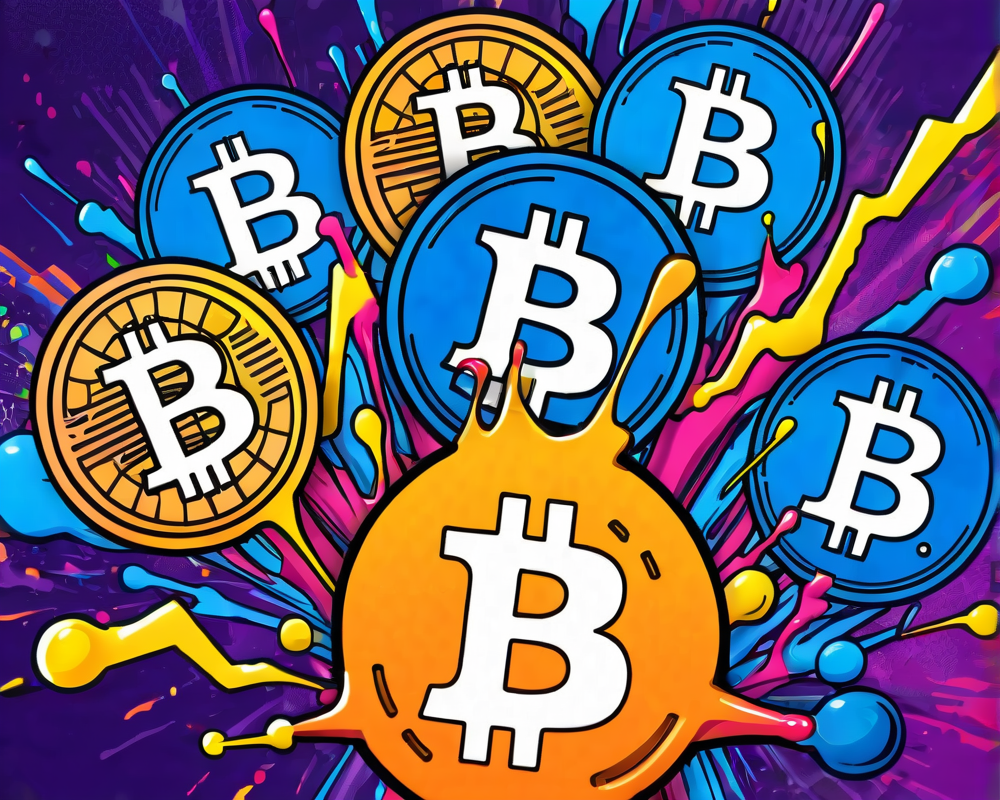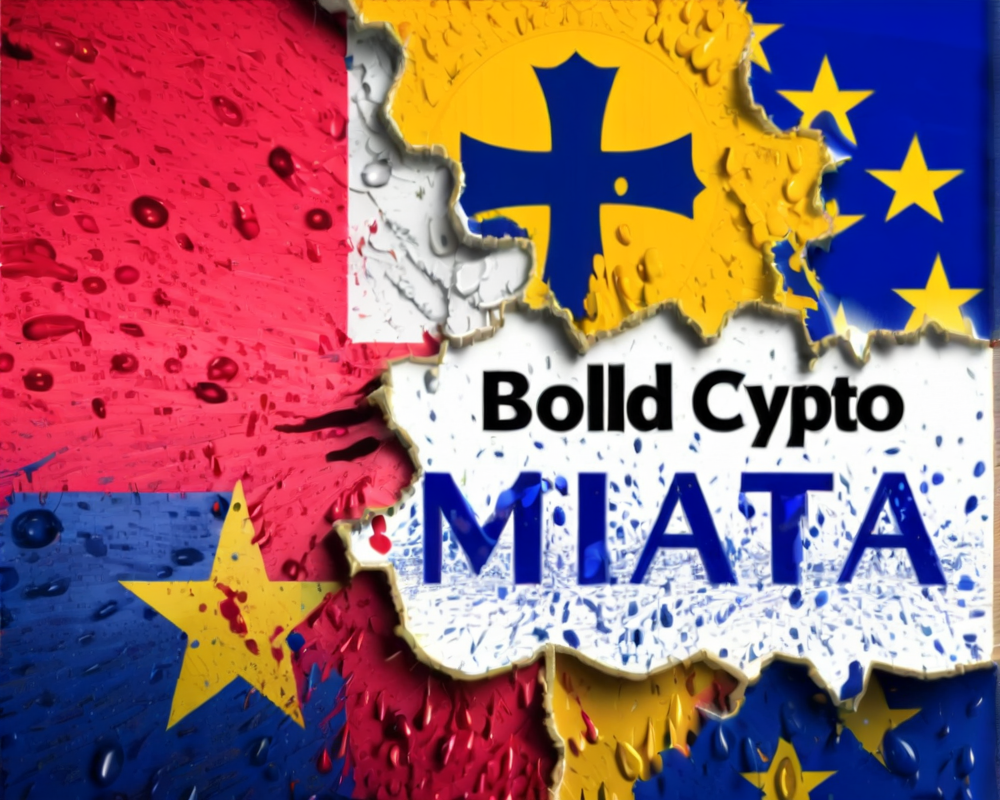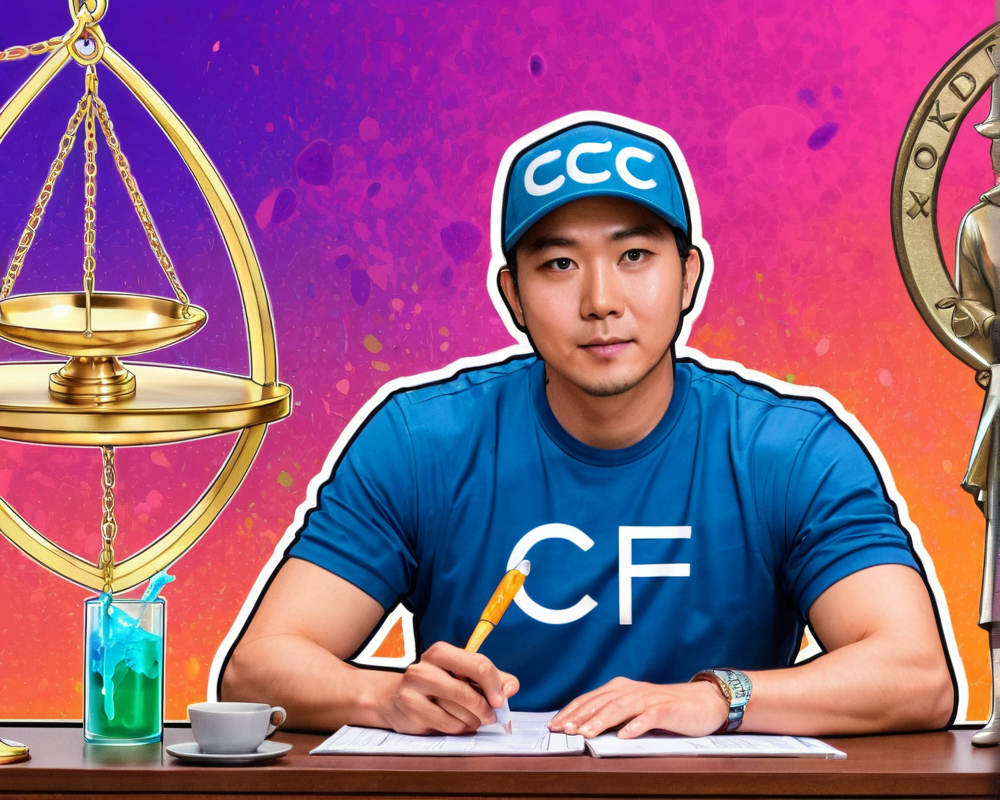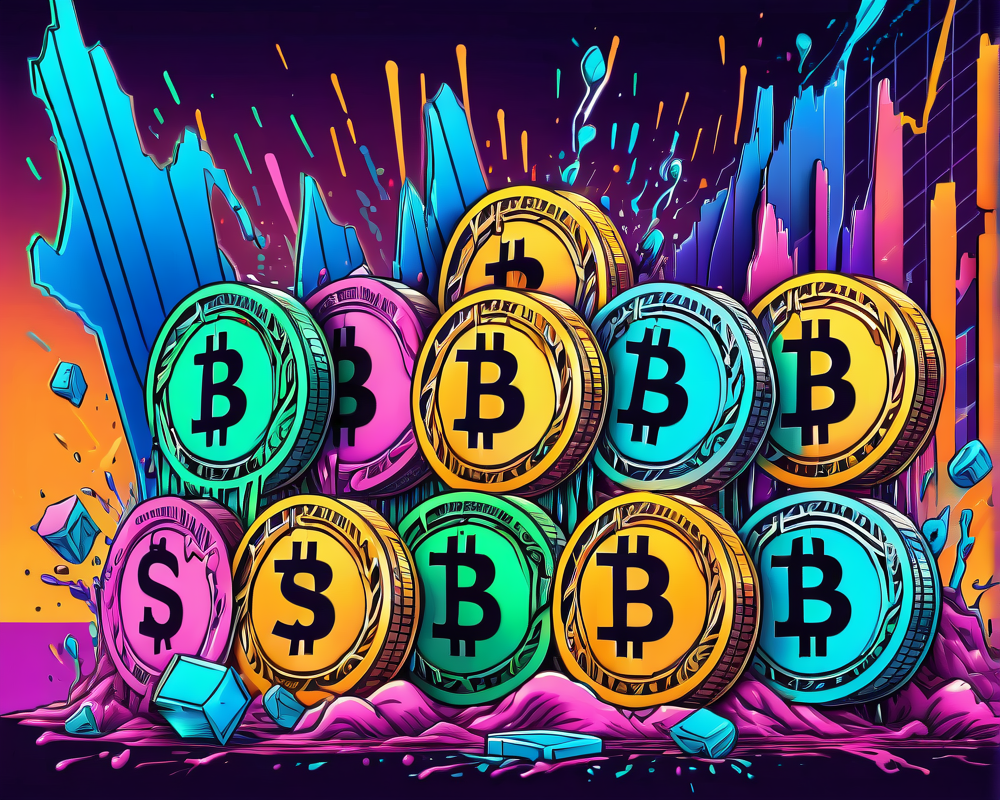Understanding the Decision
In a recent Twitter thread that read more like a philosophical essay than a social media post, Jack Dorsey, the CEO of Twitter, tackled the sticky subject of free speech and corporate responsibility. The chain of thoughts came in light of the decision to ban former U.S. President Donald Trump from the platform. Dorsey acknowledged the gravity of this action, claiming it was the “right decision for Twitter,” but he didn’t shy away from the implications that follow.
The Double-Edged Sword of Moderation
Dorsey articulated a nagging concern: when power to moderate shifts to a singular entity, it can distort the tapestry of public conversation. He made it clear that such power, now wielded by him and Twitter, brings forth questions we all should ponder. Are we fragmenting discussions that are essential for understanding and growth? Are we erecting barriers that hinder potential reconciliation? As Dorsey put it, “These actions divide us. They limit the potential for clarification, redemption, and learning.” This western saga has left many wondering where, if at all, the line should be drawn.
Context Matters: The Why Behind the Ban
The backdrop for this unfolding drama was the chaos of January 6, when Trump supporters stormed the Capitol, resulting in a tragic loss of life. Dorsey confirmed that Trump’s ban from a multitude of platforms wasn’t a spur-of-the-moment decision but rather a thoughtful response to a unique situation. The social networks involved expressed fears that Trump might continue to incite violence. In Dorsey’s words, this was merely a “business decision” aimed at self-regulation, though he likened it to a governmental overreach.
The Search for Solutions: Decentralization
While Twitter’s management has its responsibilities, Dorsey pointed towards a potential beacon of hope: Bitcoin. Treasuring its decentralized nature, he believes that blockchain technology can offer an antidote to the problem Twitter faces. “The reason I have so much passion for Bitcoin is largely because of the model it demonstrates: a foundational internet technology that is not controlled or influenced by any single individual or entity,” he stated. Imagine if Twitter operated on a framework driven by community consensus instead of corporate governance. The wild possibilities might just bring peace to the social media shores.
Building a Decentralized Future: Twitter’s Initiative
In a twist of fate, Dorsey revealed that Twitter is not resting on its laurels. The platform is investing resources into a venture aimed at creating an open and decentralized standard for social media. By financing a small team of open-source architects and engineers, Twitter aims to become a client of this shared standard. If successful, the outcome could rewrite the rules of engagement on social media.
A Global Dinner Table Approach
As Dorsey wrapped up his deep dive, it was evident he was keen on fostering a more inclusive platform. By emphasizing the potential of decentralized systems, he suggested a way to revitalize the conversation around free and open discourse. Can we transform social media from a chaotic battleground into a global dinner table where all voices are heard? Only time will tell, but for now, Dorsey’s thoughts leave us with more questions than answers—and a hearty serving of hope.



